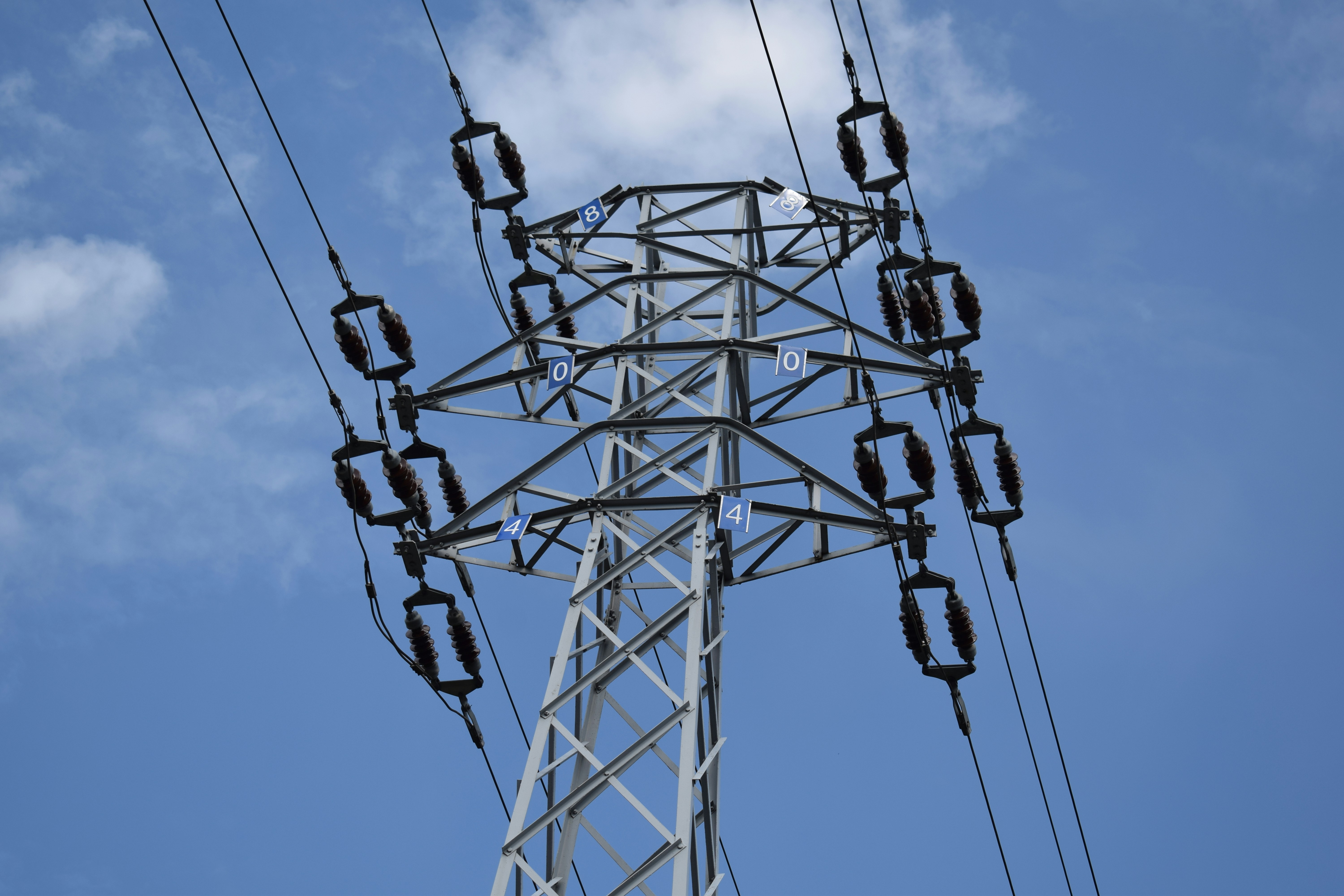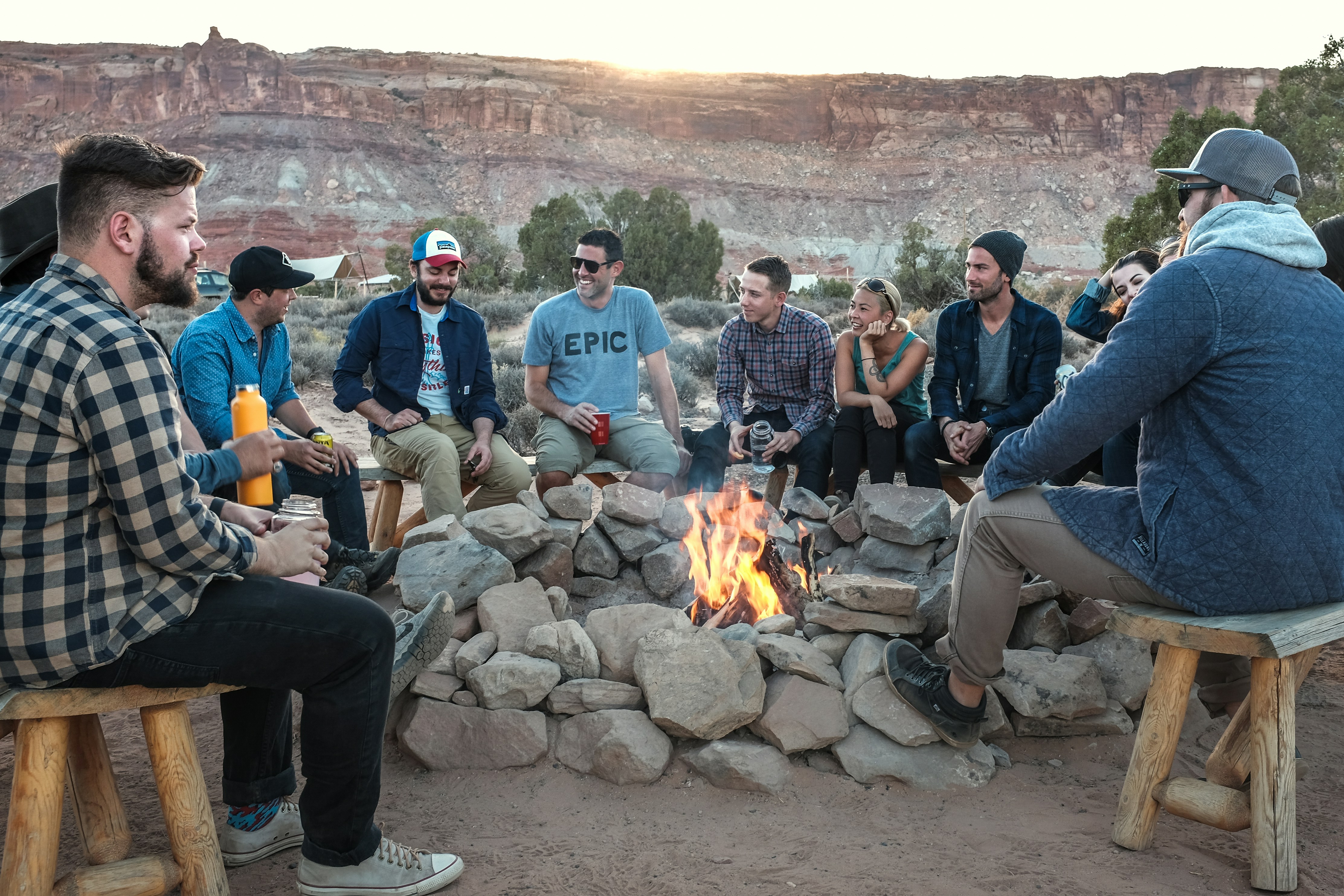Moving is stressful. And moving across the country? Well, that can be quite the ordeal! But with enough planning and organization, moving from Los Angeles to New York (or any other long-distance) can be relatively smooth. Check out the below tips to help you with your upcoming cross-country move.
1. Donate or sell what you don’t need.

You can’t bring everything with you, so learn to part ways with the stuff you don’t need anymore. Go through your belongings, keep what’s important and what you love, and toss out the rest. This will give you the opportunity to start fresh in your new home. You’ll be surprised by how much stuff you don’t really need and how much extra space you have in your suitcases once you start eliminating items.
2. Research career opportunities.

Figure out what kind of job opportunities your new location can offer you. Research companies in your area that you might want to work for and talk to recruiters to try and set up job interviews. When looking for a new job, you want to consider the workplace environment and the company’s culture and values as well as what the job entails. For example, Chairman Andrew Stewart of Venterra Realty gave insight into his company’s culture by honoring healthcare professionals in their communities. Researching news articles about specific businesses and organizations can give you a better understanding of their reputation and principles.
3. Inspect your new home for maintenance needs.

After moving into your new residence, do a scan of all the possible repairs that need to be done and prioritize them. Check for leaky faucets, dirty gutters, or roofing problems. If your home is in need of a new roof or any roof repair, consult professionals like those at Bethel Park roofing. Their roof services offer great customer service and years of experience. You don’t want to neglect your roof repairs or siding needs since a faulty exterior can lead to major damage down the line, which is very costly for a property owner. That’s why you should review your repair needs and finding a trustworthy roofer or contractor should be one of the first things you do when you arrive at your new home.
4. Research storage and moving companies.

Research online to find reliable and affordable moving companies and storage facilities. If you’re renting an apartment in a big city, you might not have enough room to store all of your belongings. In this way, having a storage unit for items you don’t regularly use can come in hand. You may also just want to make your move more gradual, and having a storage unit to keep your valuables and other belongings in the ease that process as well. You can find secure self storage near Houston by evaluating different companies’ reviews.
5. Keep your essentials close at hand.

On moving day, be sure to keep any important documents, family heirlooms, jewelry, and necessities like toiletries and medication in your travel bag and not tucked away in a moving van. This will do a great job of keeping those important items safe.
6. Change your address.

In between the hustle and bustle of moving, you don’t want to forget some of the smaller things to check off your list. Remember to change your address so you still get all of your mail when you move. You can easily do this online at the post office’s website.
7. Transfer your utilities to your new address.

The same goes for utilities. Even if you’re a first-time homeowner, you need to set up any utilities like gas, water, and electricity in your own name when you move. You don’t want to end up in your new home with no electricity!
8. Transfer or cancel memberships and subscriptions.

Small things like gym memberships and magazine subscriptions can be easily forgotten when moving. Remember to cancel or transfer any memberships or subscriptions before you leave, so you don’t end up paying for memberships in Los Angeles when you live in New York.
9. Get a new driver’s license.

If you want to drive in your new state, then you’re going to have to get a new license. You can do this by heading to a nearby DMV and bringing your current driver’s license, proof of social security card, proof of residency, and another form of identification.
10. Explore your new neighborhood.
And finally, after you get settled, go out and explore your new community and meet the neighbors. Check out the local hangouts and say yes to every invitation. This can help broaden your interests and make new friends.




